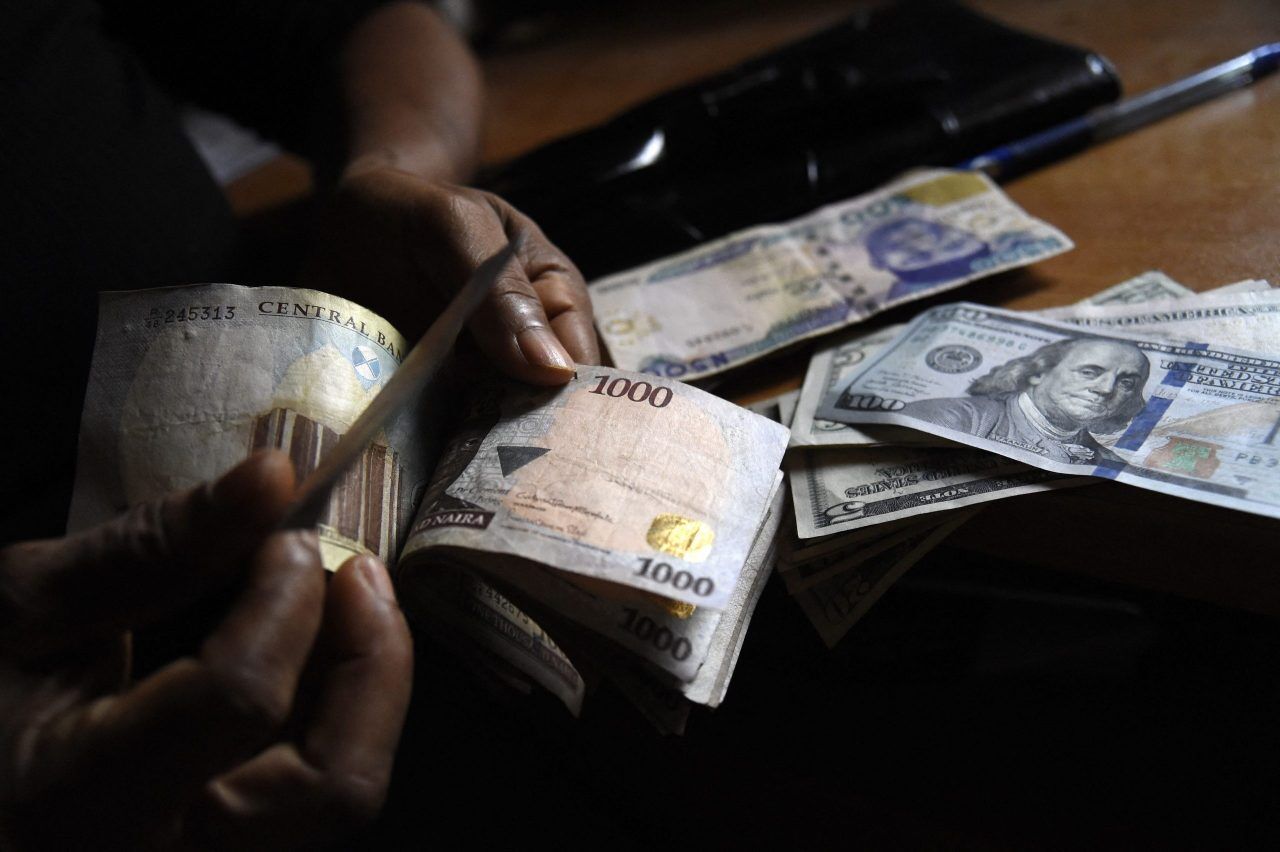Last year, the collective tiers of government in Nigeria, including the federal, state, and local authorities, experienced a substantial windfall from foreign exchange gains totaling N2.52 trillion, as reported by the Federal Accounts Allocation Committee (FAAC). This figure constituted a portion of the overall gross FX gain of N2.84 trillion recorded throughout the year. The data, sourced from the FAAC report covering the period from January to December 2023, underscores the significant impact of foreign exchange dynamics on government finances.
Within this framework, the FAAC report detailed that the federation received N2.836 trillion as FX gain and allocated N318.29 billion from the non-oil excess account during the same period. Of the N2.52 trillion gain, the federal government claimed N1.211 trillion, while the states and local governments received N614.49 billion and N473.92 billion, respectively. Additionally, states with mineral resource endowments, notably oil-producing ones, received N217.38 billion as part of the 13 per cent derivation fund allocation.
An interesting observation from the FAAC report is the absence of any FX gain shared among the component units of the federation between January and April. However, from May to December, a total of N2.84 trillion in FX gains was recorded, indicating a significant shift in the foreign exchange landscape during this period. The peak of this surge occurred in May, with approximately N639.39 billion accruing to the federation’s account.
This notable increase in FX gains closely coincided with the Central Bank of Nigeria’s (CBN) decision to unify FX rates, a move widely interpreted by analysts as a partial float aimed at addressing market distortions and fostering stability. Moreover, the FAAC report highlighted FX differential/equalization payments for February, April, and July, amounting to N246.31 billion. Specifically, February saw FX differential/equalization payments of N120 billion, followed by N70 billion in April and N56.31 billion in July.
The policy landscape during this period also witnessed significant shifts. Upon assuming office in May, President Tinubu’s administration took decisive steps, including the removal of the subsidy on petrol, a measure aimed at rationalizing government expenditures that had previously been a significant drain on resources. Additionally, the CBN, under President Tinubu’s leadership, announced the unification of FX rates in June, further signaling a commitment to market reforms and stability.

Foreign exchange
While the government reaped substantial FX gains, the private sector, particularly foreign-owned subsidiaries operating in the local stock exchange, faced considerable challenges. These companies reported FX losses amounting to N900 billion, attributable to the sharp depreciation of the naira against major currencies. Notable entities affected included telecommunications giants such as MTN and Airtel, as well as consumer goods manufacturers like Unilever Nigeria, International Breweries, Nigerian Breweries, and Cadbury Nigeria.
In conclusion, the FAAC report underscores the intricate interplay between foreign exchange dynamics, government policies, and economic outcomes, highlighting both opportunities and challenges within Nigeria’s economic landscape.
Source: guardian.ng










